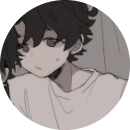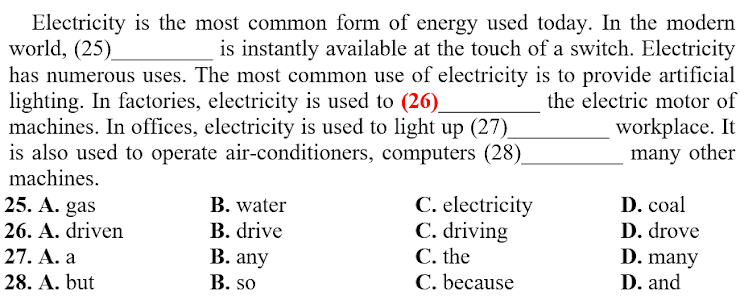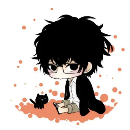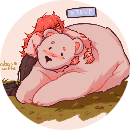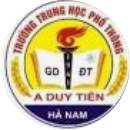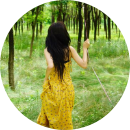Read the following passage and mark the letter A, B, C, or D on your answer sheet to indicate the correct word or phrase that best fits each of the numbered blanks.
The coronavirus is a kind of virus. Viruses are tiny germs that are so small that you can't see them. They are so (31)_______ that they can float through the air in tiny drops of water, and they can sit on your skin without you feeling them. If some of these germs get inside you, they can use your body to make more germs, and that can make you ill.
There are lots of different sorts (32)_______ coronaviruses and some of them infect people. If you have been infected with one of these coronaviruses, all you probably (33)_______ was a snotty nose or a cough.
But when this completely new coronavirus germ gets inside a human body, it causes (34)_______ illness called COVID-19. When people talk about "catching the coronavirus", they are talking about this illness. Because this coronavirus is new, scientists don't know everything about it yet. But they think that there are two main (35)_______ that people can catch it.
Câu 31.A. big B. heavy C. light D. small
Câu 32.A. for B. about C. of D. with
Câu 33.A. made B. caught C. had D. took
Câu 34.A. a B. 0 C. an D. the
Câu 35.A. behaviours B. habits C. ways D. roads
Read the following passage and mark the letter A, B, C, or D on your answer sheet to indicate the correct answer to each of the questions.
Last week, I went to visit Atlantic College, an excellent private college in Wales. Unusually, it gives people much needed experience of life outside the classroom, as well as the opportunity to study for their exams. The students, who are aged between 16 and 18 and come from all over the world, spend the morning studying. In the afternoon they go out and do a really useful activity such as helping on the farm, looking after people with learning difficulties, or checking for pollution in rivers.
One of the great things about Atlantic College students is that they come from many different social backgrounds and countries. As few can afford the fees of 20,000 over two years, grants are available. A quarter of students are British, and many of those can only attend because they receive government help.
“I really admire the college for trying to encourage international understanding among young people”, as Barbara Molenkamp, a student from the Netherlands, said. “You learn to live with people and respect them, even the ones you don’t like. During the summer holidays my mother couldn’t believe how much less I argued with my sister.”
To sum up, Atlantic College gives its students an excellent education, using methods which really seem to work.
Câu 36. What does the word "they" in paragraph 1 refer to?
A. exams B. students C. difficulties D. rivers
Câu 37. What is the percentage of British students at Atlantic College?
A. 25% B. 75% C. 50% D. 20%
Câu 38. What is the writer trying to do in the text?
A. Describe the activities the students do in their free time.
B. Give an opinion about a particular student.
C. Describe his own experience of education.
D. Give an opinion about a special type of education.
Câu 39. Why does Barbara admire Atlantic College?
A. Students can receive government help.
B. The students come from many different social backgrounds and countries.
C. The college uses effective methods.
D. The college has tried to encourage international understanding among young people.
Câu 40. Which activity is NOT mentioned in the passage?
A. Taking care of people with learning difficulties.
B. Helping on the farm.
C. Going boating in rivers.
D. Checking for pollution in rivers.
giúp và chỉ chỗ có trong đoạn văn của b2 vs ạ, mình cảm ơn


